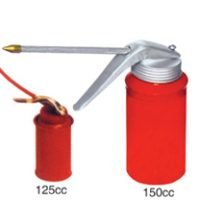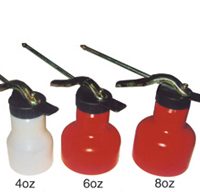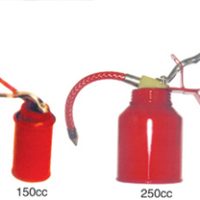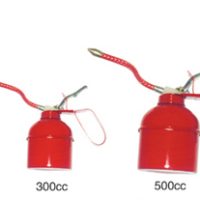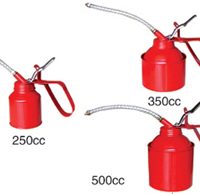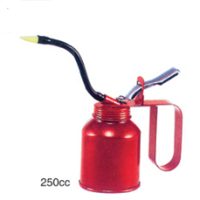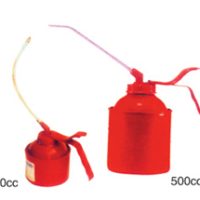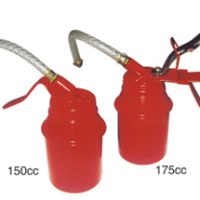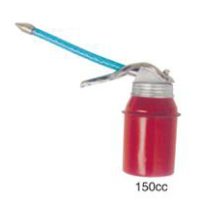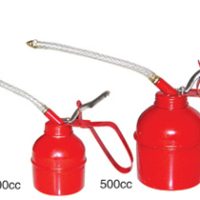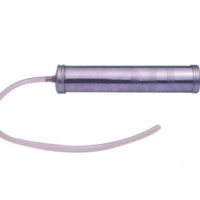The term Oiler generally refers to a vessel used specifically to transport fuel oil to other ships at sea, playing a crucial role in naval operations and logistics. These ships are often part of a naval fleet, providing essential refueling services that enable warships, submarines, and other vessels to extend their operational range without needing to return to port. The process, known as underway replenishment (UNREP), involves the precise maneuvering of the oiler and the receiving ship to maintain position while hoses and fuel lines are connected to transfer the fuel. Oilers are equipped with specialized pumping systems and storage tanks that allow them to carry large quantities of fuel, ensuring that the fleet remains ready and operational even in remote locations.
Beyond their primary function, oilers also contribute to the overall functionality and sustainability of naval operations by sometimes carrying other supplies, such as fresh water, ammunition, and spare parts. These versatile vessels are built with robust, reinforced hulls to navigate through turbulent waters and are often fitted with advanced navigation and communication systems to coordinate effectively with the rest of the fleet. The design of oilers balances the need for significant fuel storage capacity with the agility required for safe and efficient fuel transfer operations. In contemporary times, modern oilers also incorporate environmentally conscious technologies and practices to minimize their ecological impact while performing their vital logistical roles.

